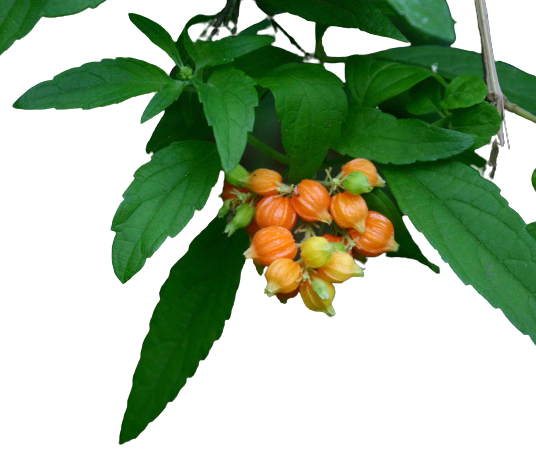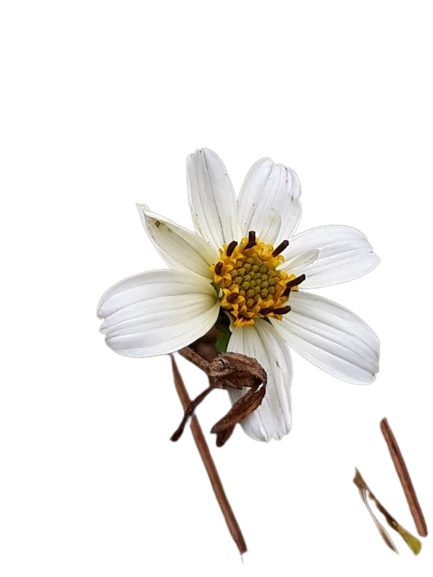Gotu Kola (Centella asiatica) is a small, creeping herb native to Asia, especially India, Sri Lanka, and Southeast Asia. It thrives in moist, tropical environments and is recognized by its rounded, fan-shaped leaves. Gotu Kola is often referred to as “the herb of longevity” and has been used for centuries in Ayurvedic, Chinese, and traditional Southeast Asian medicine.
Harvesting involves collecting the aerial parts—mainly the leaves and stems—once the plant has matured, usually several times a year. Harvesting is done by hand to preserve the delicate leaves, which are then washed and dried or used fresh, depending on their purpose.
As a spice, Gotu Kola is not pungent like culinary spices but is used as a leafy green or herb in salads, chutneys, and herbal teas, especially in Sri Lankan and Indonesian cuisine. Its mild, slightly bitter taste complements fresh and cooked dishes.
Medicinally, Gotu Kola is prized for its broad healing properties. It is used to:
- Promote cognitive function and memory
- Support wound healing and skin health
- Reduce anxiety and stress
- Improve circulation and strengthen blood vessels
- Support detoxification and liver health
- Treat minor burns, scars, and skin irritations when applied topically
Gotu Kola is often referred to as “the herb of longevity” and has been used for centuries in Ayurvedic, Chinese, and traditional Southeast Asian medicine.














